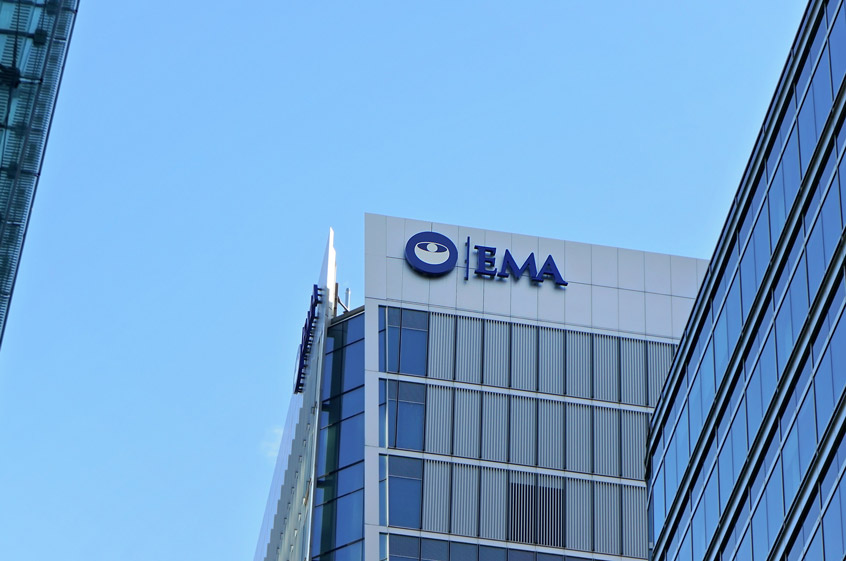Advertisment
Green light for new medicines in the EU

The European Medicines Agency (EMA) approved a total of 89 new medicines in 2022. Of these, 41 had a new active substance which had never been authorised in the EU before. Cancer, followed by neurology and endocrinology, was the disease area for which most new products were approved.
At its March meeting, the EMA’s key committee on human medicines (CHMP) approved nine new products:
- Bimervaxas a booster for people aged 16 years and older who have previously been vaccinated with a mRNA COVID-19 vaccine. It is the eighth vaccine recommended in the European Union (EU) for protecting against COVID-19.
- Briumvi(ublituximab) for the treatment of relapsing multiple sclerosis, a disease of the brain and spinal cord in which inflammation destroys the protective covering around nerves and the nerve themselves.
- Omvoh(mirikizumab) for the treatment of moderately to severely active ulcerative colitis, an inflammation of the large intestine causing ulceration and bleeding.
- Pedmarqsi(sodium thiosulfate) for the prevention of ototoxicity induced by cisplatin chemotherapy in patients from one month up to 18 years of age with localised, non-metastatic, solid tumours.
- Epysqli(eculizumab), a biosimilar medicine for the treatment of paroxysmal nocturnal haemoglobinuria, a rare disorder that leads to the premature destruction and impaired production of blood cells.
- Qaialdo(spironolactone) for the management of refractory oedema, a persistent swelling which does not respond to the use of diuretics and sodium restriction.
- Dabigatran Etexilate Accord(dabigatran etexilate) for the prevention of venous thromboembolic events.
- Lacosamide Adroiq(lacosamide) for the treatment of epilepsy.
- Sugammadex Adroiq(sugammadex) for the reversal of neuromuscular blockade induced by rocuronium or vecuronium.
This brings to 21 the total number of new medicines approved in the first quarter of 2023.





